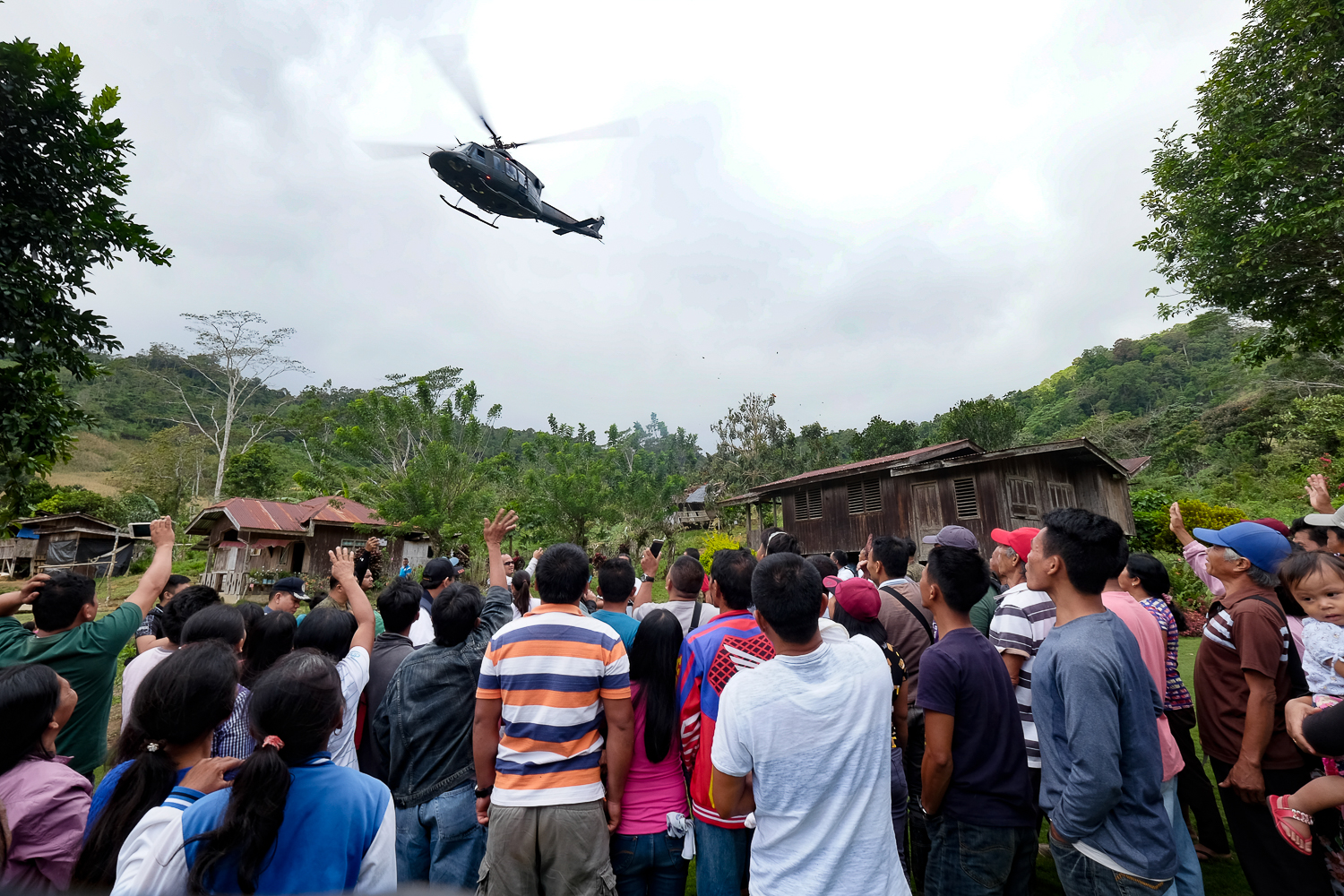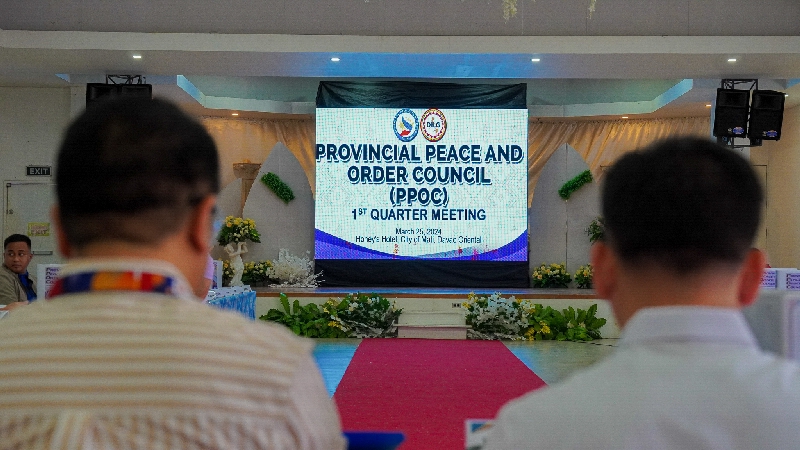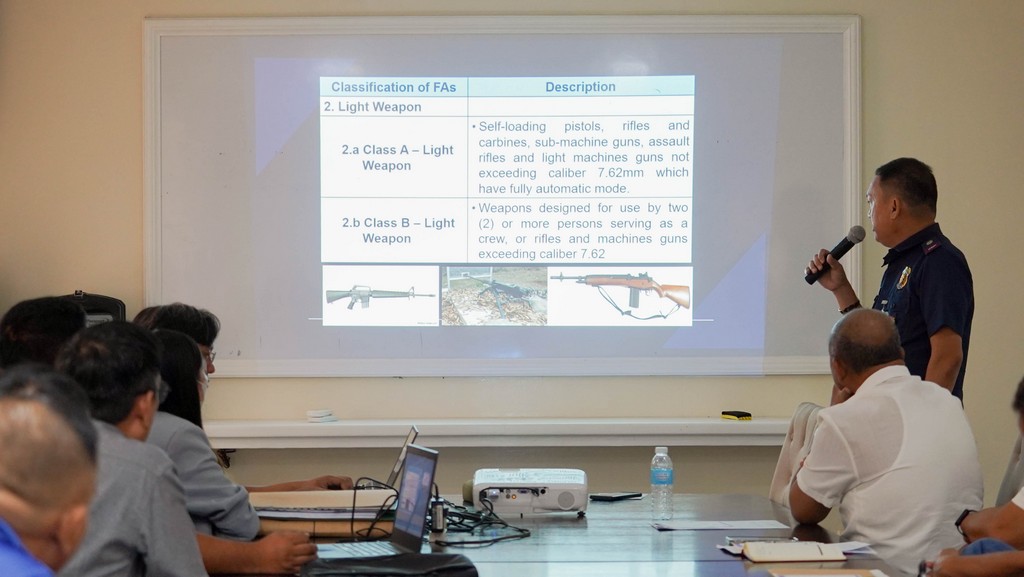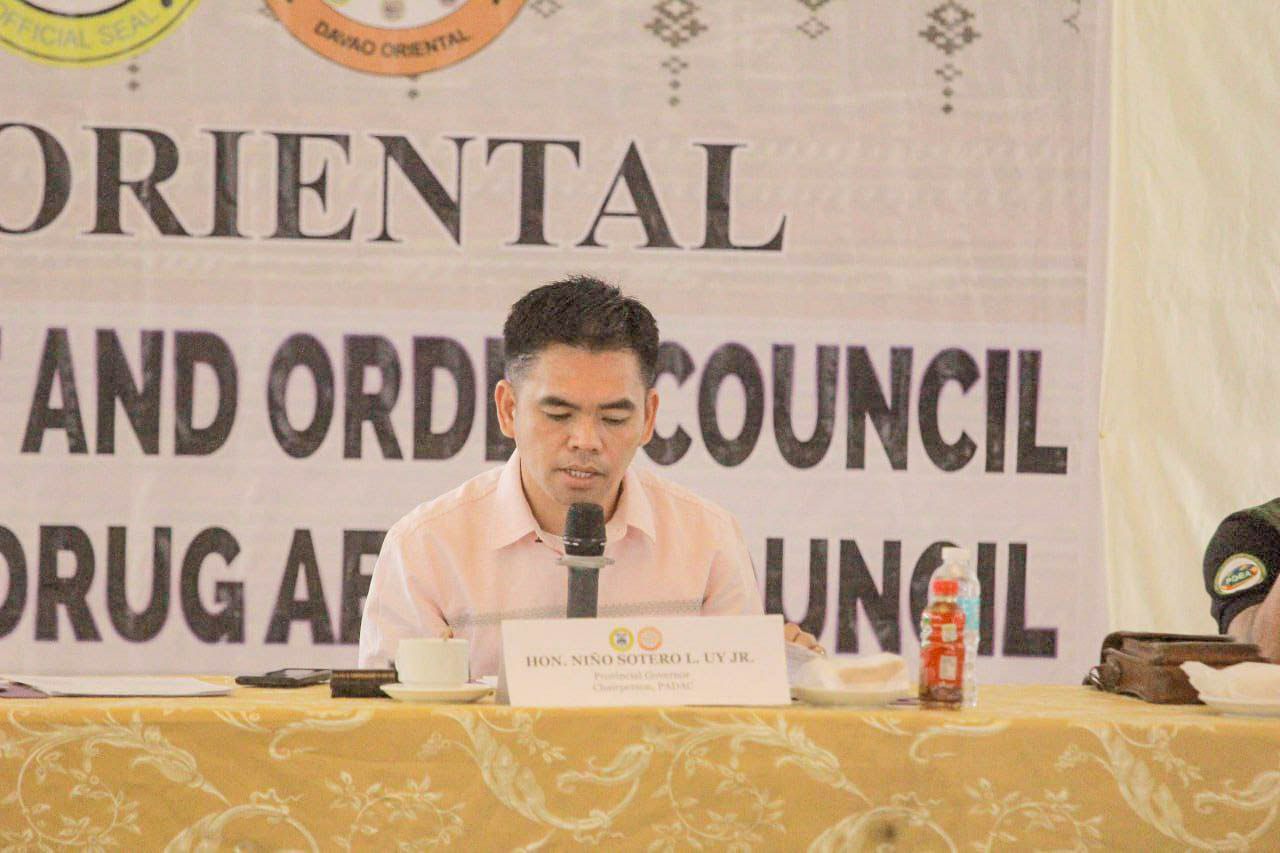CALINAWAN, MANAY, DAVAO ORIENTAL – Residents of a hinterland sub-village called Calinawan (which means a land of peace) and once tagged by government troops as “factory of landmines” are now closing ranks to declare “Alsa Masa” or mass revolt against the Communist insurgents who once reigned their hinterland village for decades.
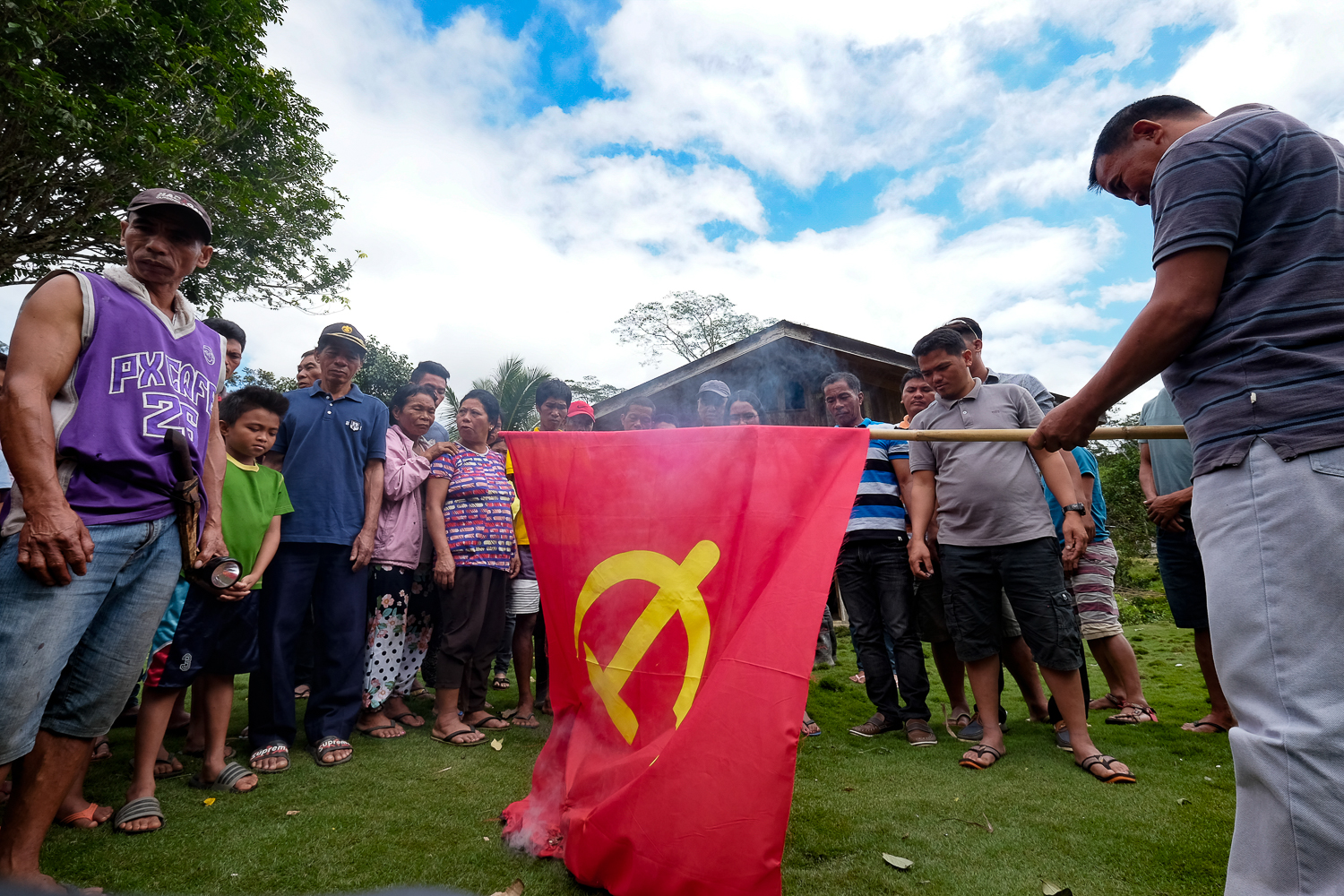
Calinawan is among the country’s Geographically Isolated and Disadvantaged Areas that belongs to the municipality of Manay, a second-class town in the province of Davao Oriental. For decades, the Communist rebels has made the community a nerve center and a training ground of the New People’s Army.
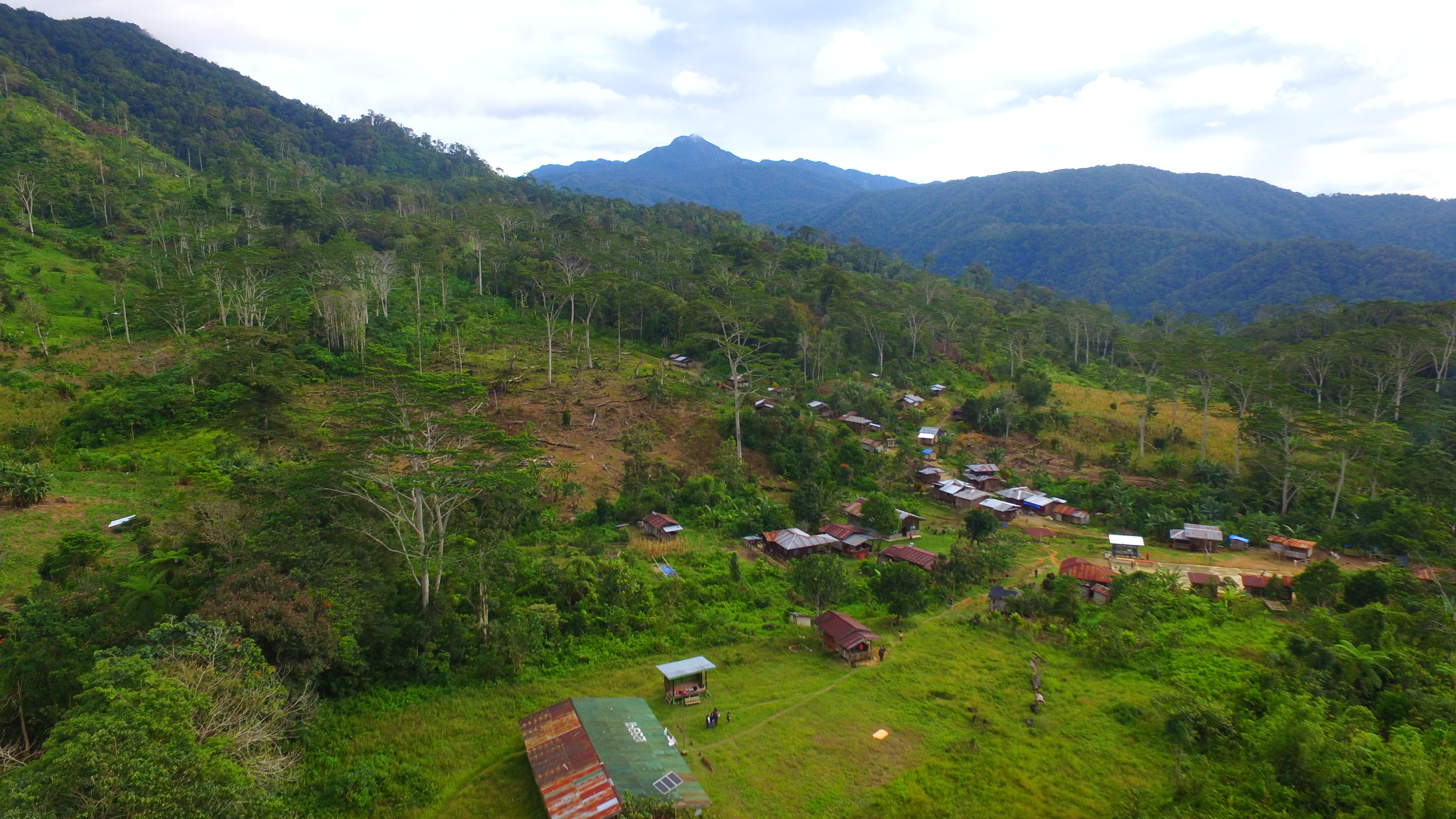
The absence of government projects and programs owing to its considerable distance from the town’s economic center is among the reasons the insurgents had taken complete control of the community and their neighboring villages in the towns of Manay and Lupon.
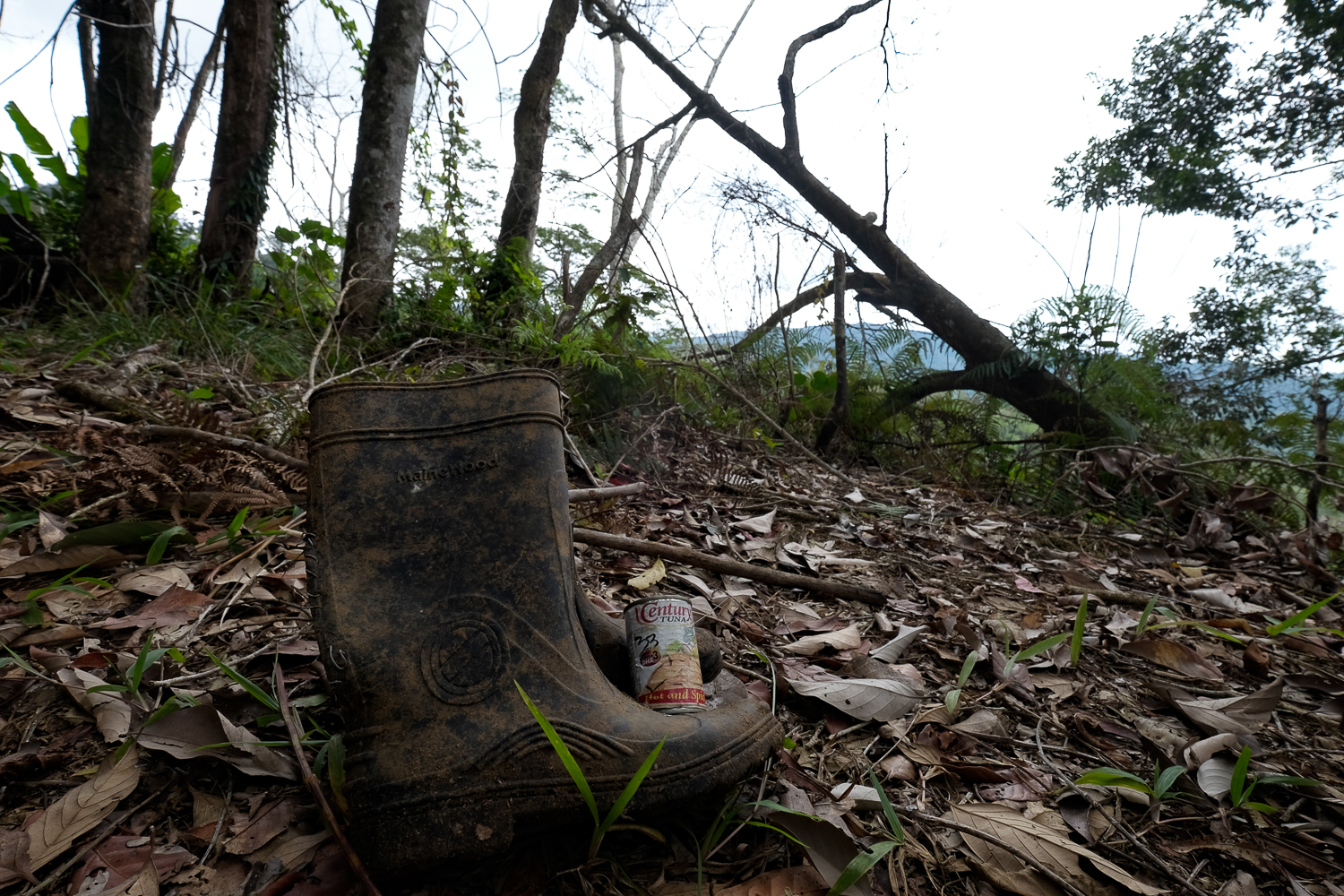
Seven years ago, the military said they had successfully destroyed the rebel’s “factory of landmines” in Calinawan. Only last year that the military decided to put up a permanent Company-sized camp in Calinawan to effectively shoo away the rebels from entering again the village.
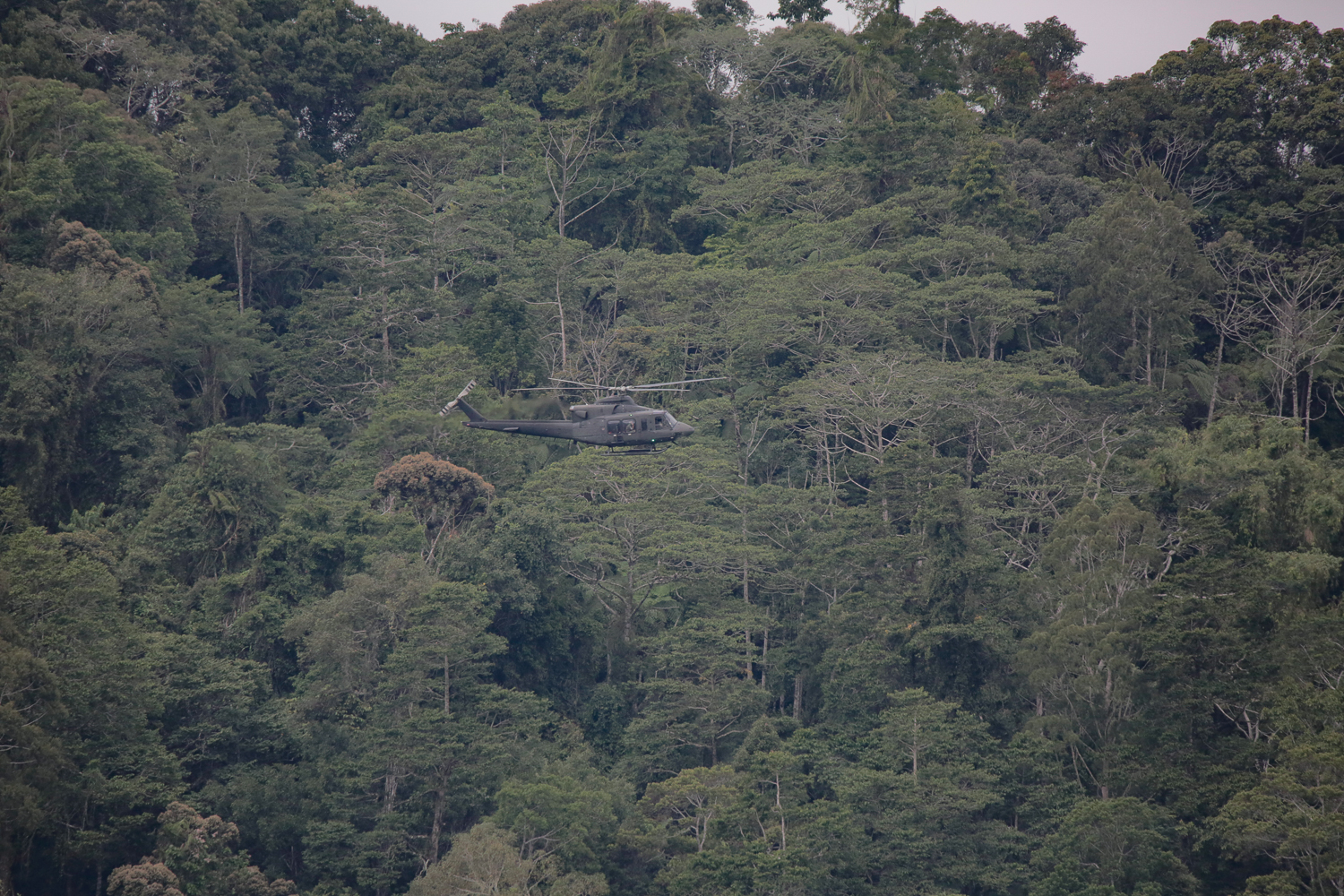
Sitio Calinawan in Barangay Taocanga – the farthest sitio in the municipality of Manay, was used to be a stronghold of NPA rebels due to its strategic location which shares boundaries with the municipalities of Lupon in Davao Oriental and the municipalities of Maragusan and New Bataan in Compostela Valley Province.
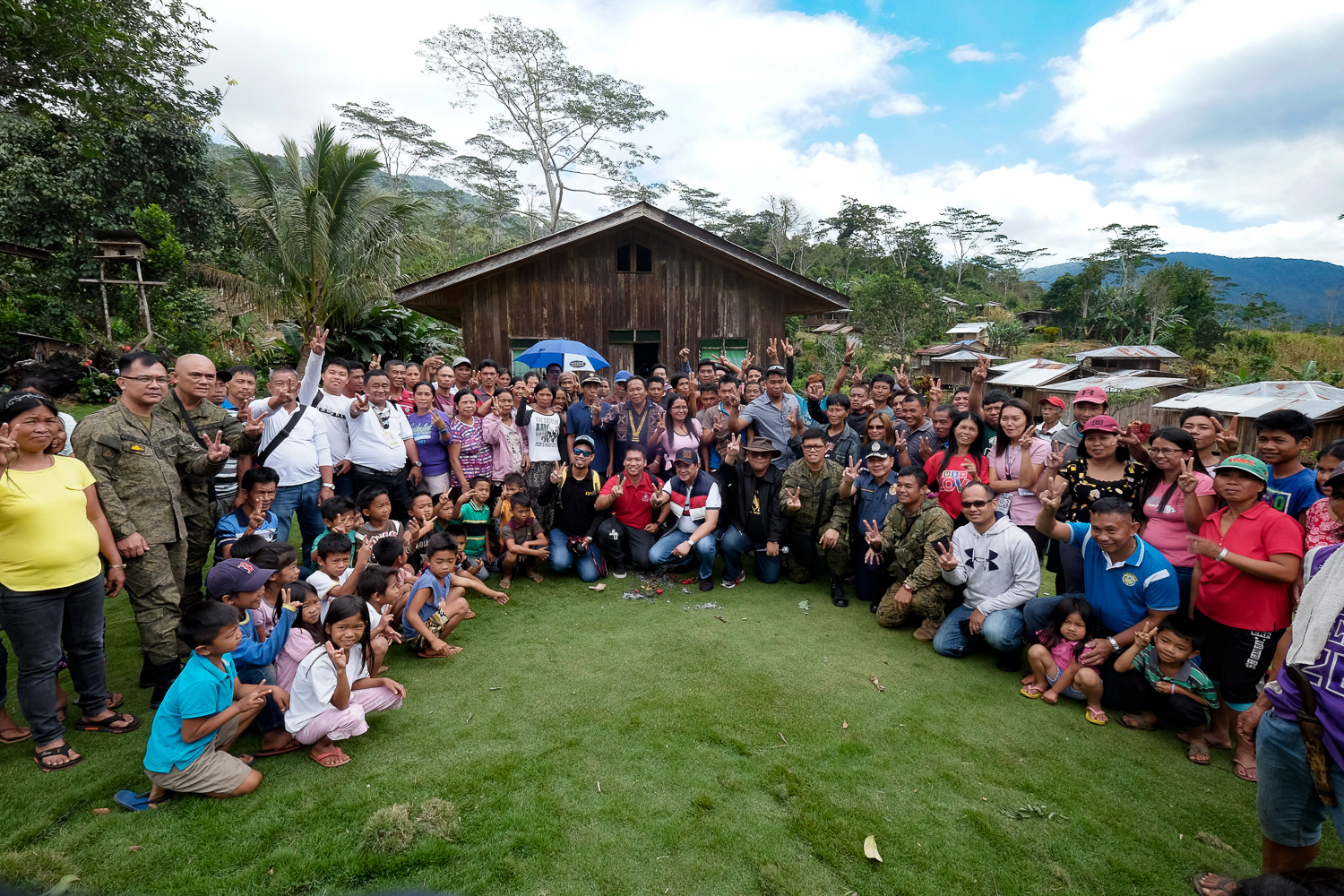
However, following the recent immersion activity conducted by the Provincial Task Force to End Local Communist Armed Conflict (PTF-ELCAC), residents of this remote sitio boldly burned down a flag bearing the emblem of the CPP-NPA-NDF, sending their strong message on their unified support to the government and their rallying cry for peace in their small Mandaya community.
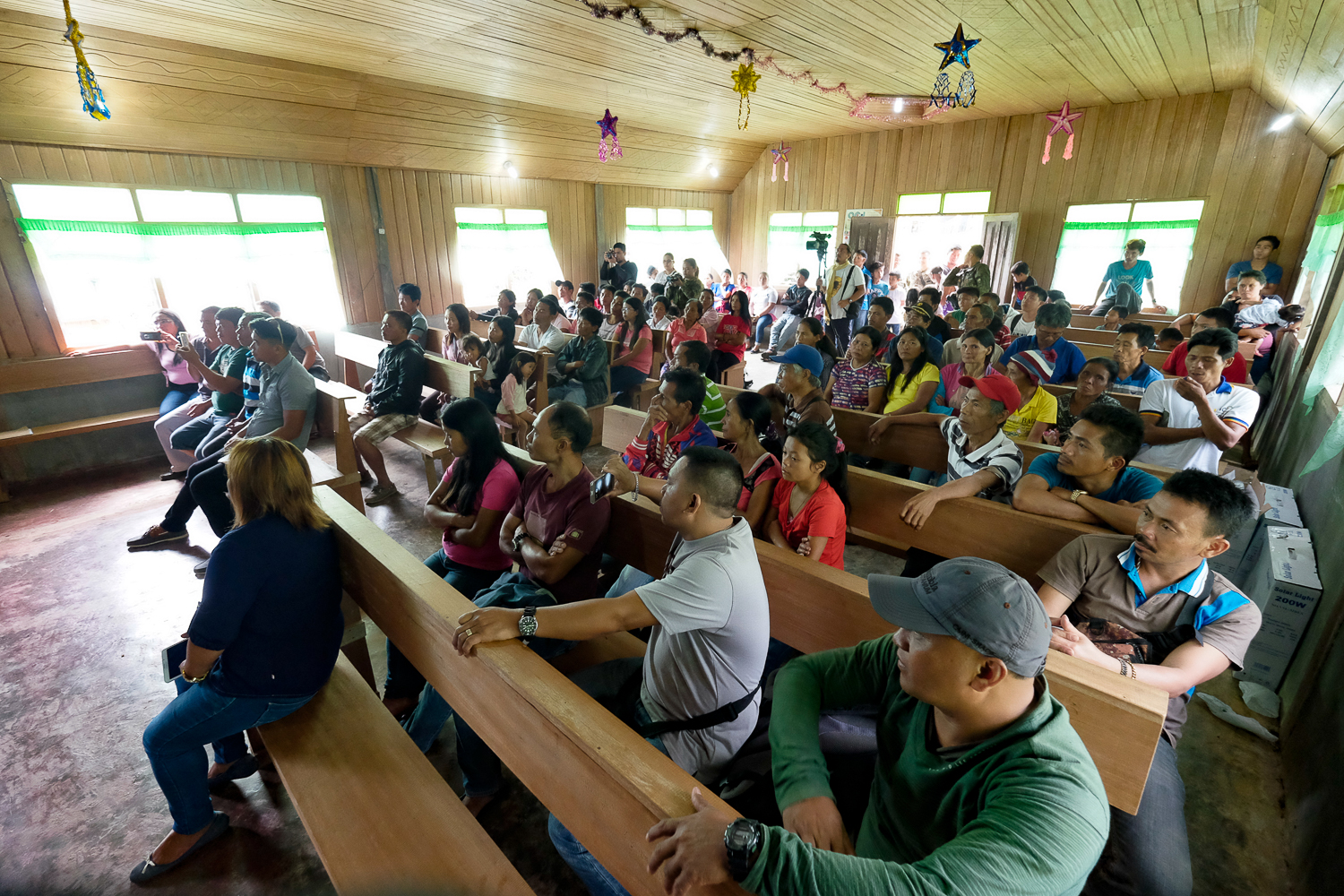
“This means a lot to us since our peace will no longer be disrupted by violence and the people can now focus more on their livelihoods,” said Former Barangay Councilor Lolito Magbugtong as he recalled the plight of the people in the village who, out of fear, were once forced to abandon their fields and livestock just to attend assemblies called by the armed rebels. “We will no longer give them support. We are not afraid anymore because we know that the government is behind us,” he added.
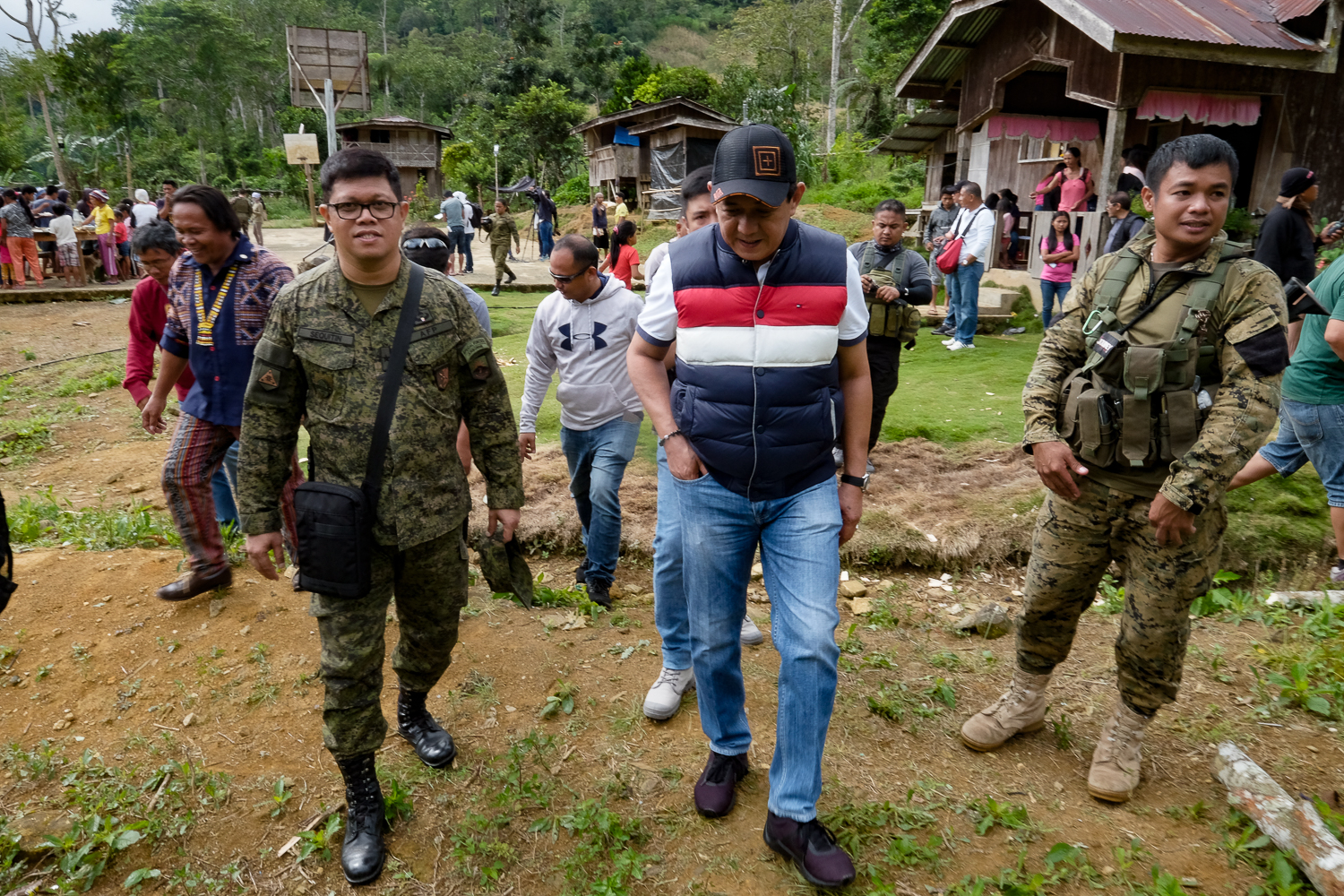
Government Reaching Out
For the military, Sitio Calinawan paints a picture of a true depressed and marginalized area without access to a decent road or electricity. 67th Infantry Battalion Commander Lt. Col. Louie Dema-ala underscored the importance of the government’s effort to reach out to this critical area which the NPA rebels have been attempting to recover. “It’s really crucial for us to make the community feel the government’s presence here. It’s high-time that we begin to reintroduce the government to them,” he said.
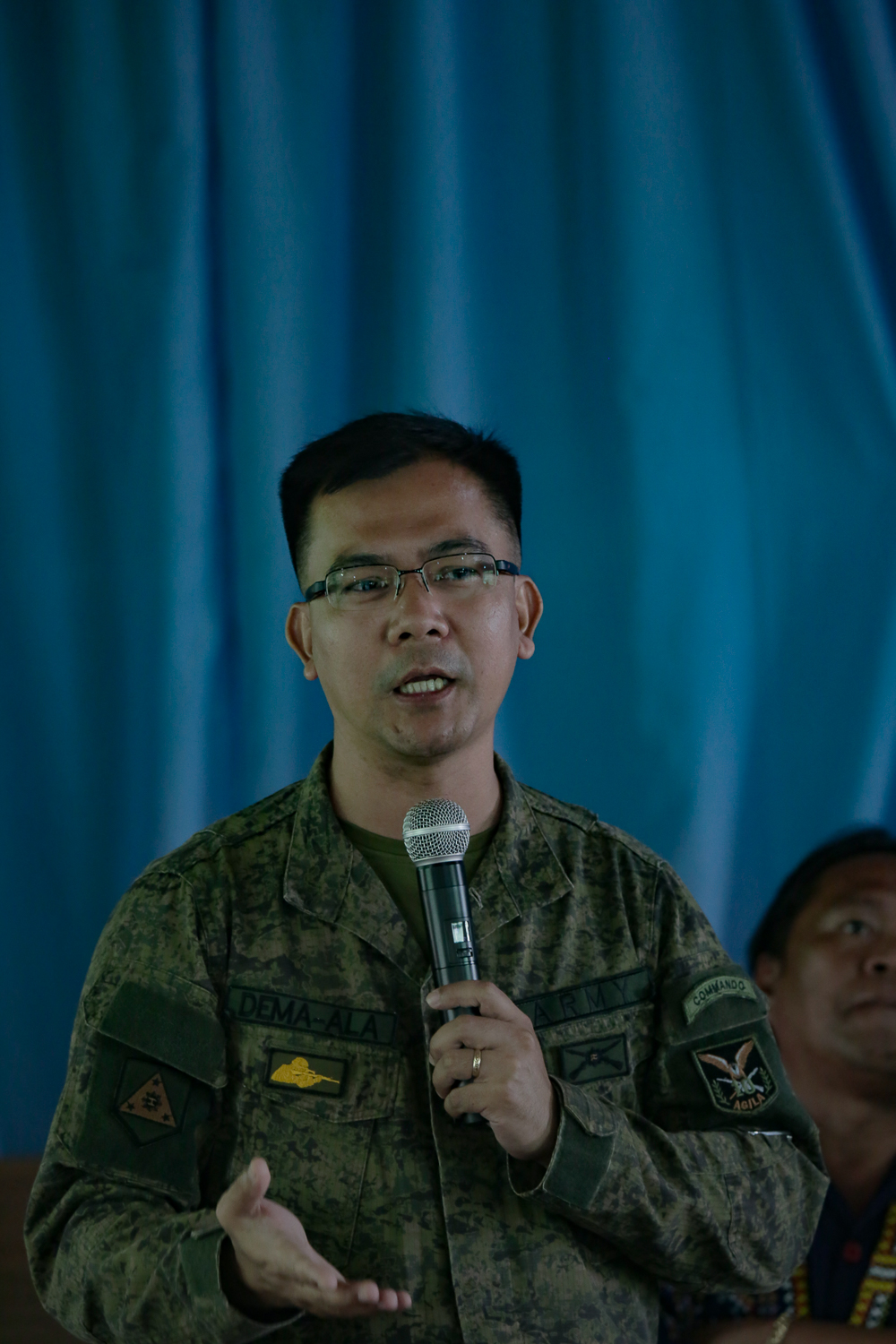
Aboard a military helicopter, heads and representatives of national agencies and provincial departments arrived in batches on the small, isolated sub-village which is home to about 50 households that mostly live off from farming corn and abaca.
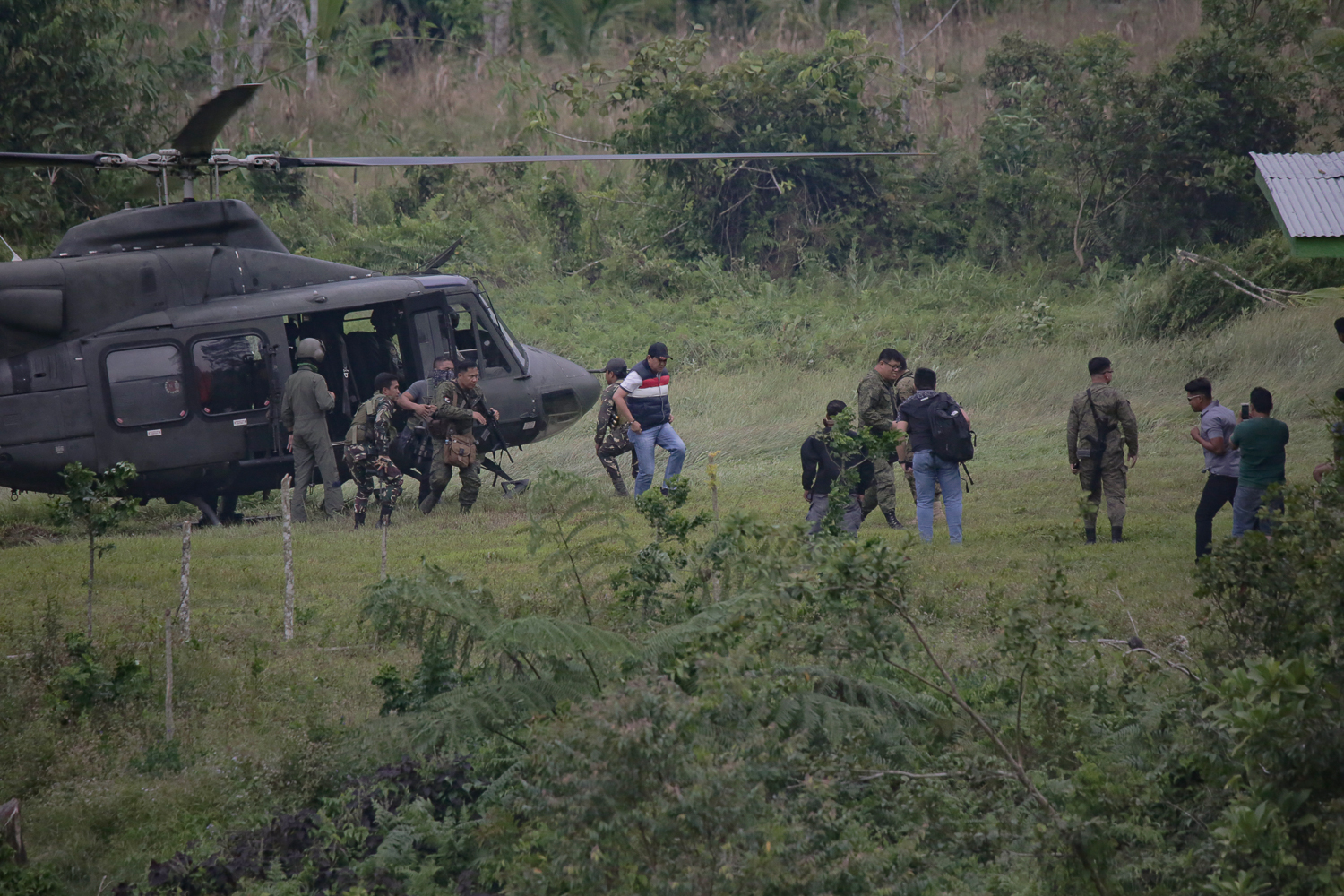
The residents say they are emboldened by what they saw as a genuine expression of the government in forging true peace as national government agencies and provincial government departments went out of their way, risking their own safety just to reach them and talk to them.
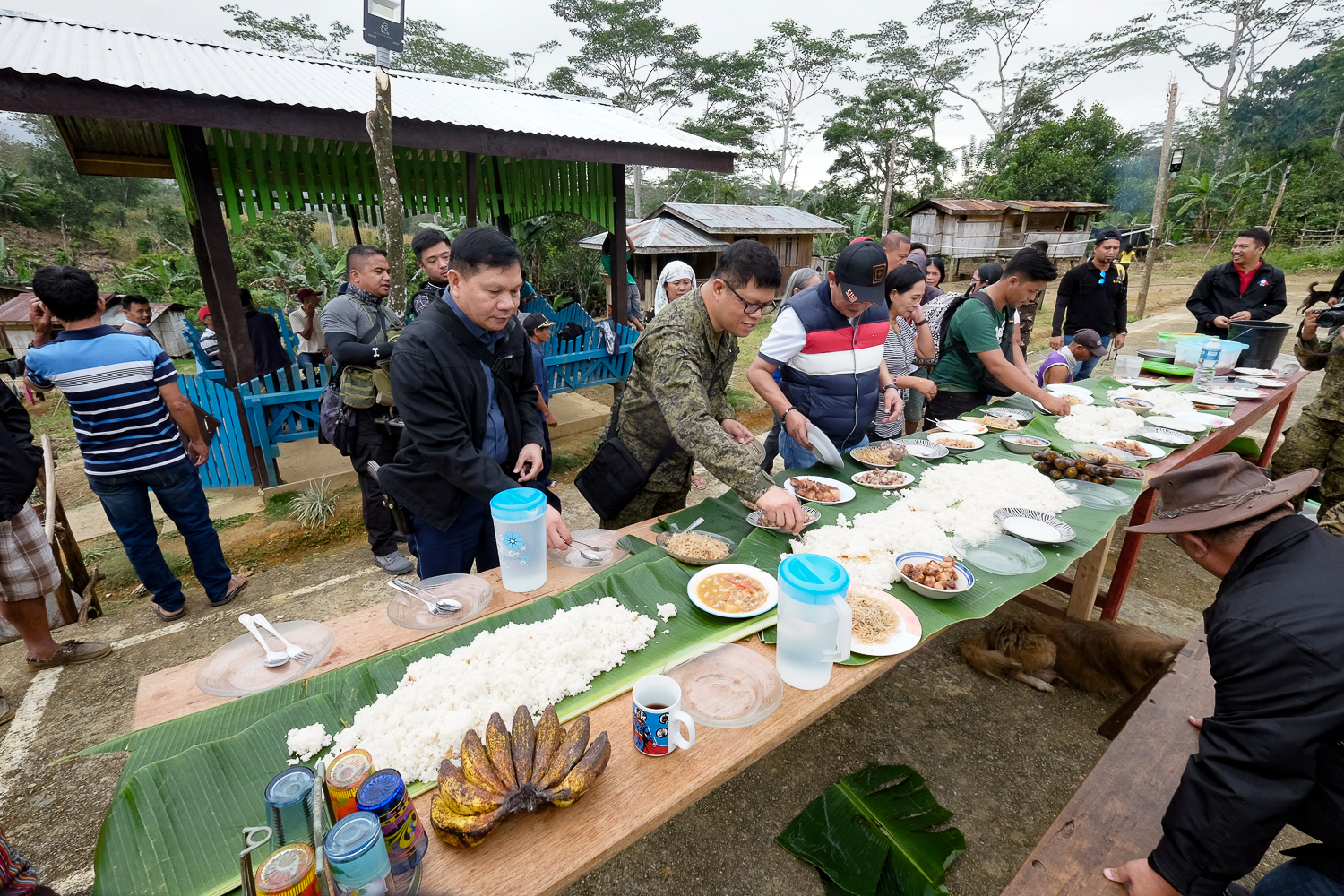
During the two-day immersion activity, residents were given the opportunity to voice out their community’s shared concerns as they listed proposed solutions to these gaps through a Multi-sectoral Inclusive and Participatory Barangay Development Workshop and Dialogue.
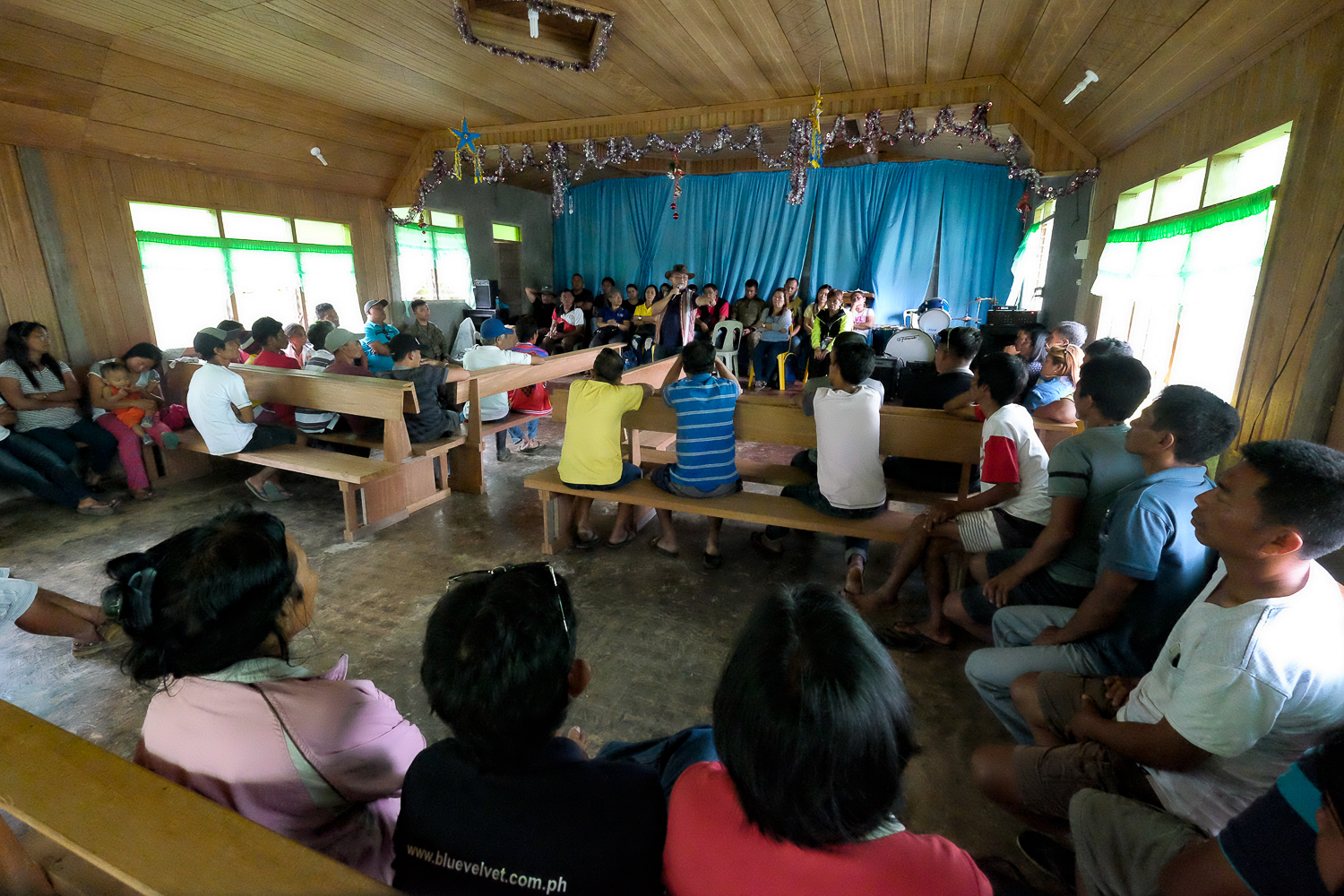
The recently held workshop and dialogue, which is the first phase of the province’s implementation of President Rodrigo Duterte’s Executive Order 70 and the Governor Nelson Dayanghirang’s Executive Order 13 – widely known as the Whole-of-Nation Approach to Attain Sustainable Peace and End Insurgency, aims to address the root causes of armed conflict which primarily points at poverty and the absence of the government’s presence.
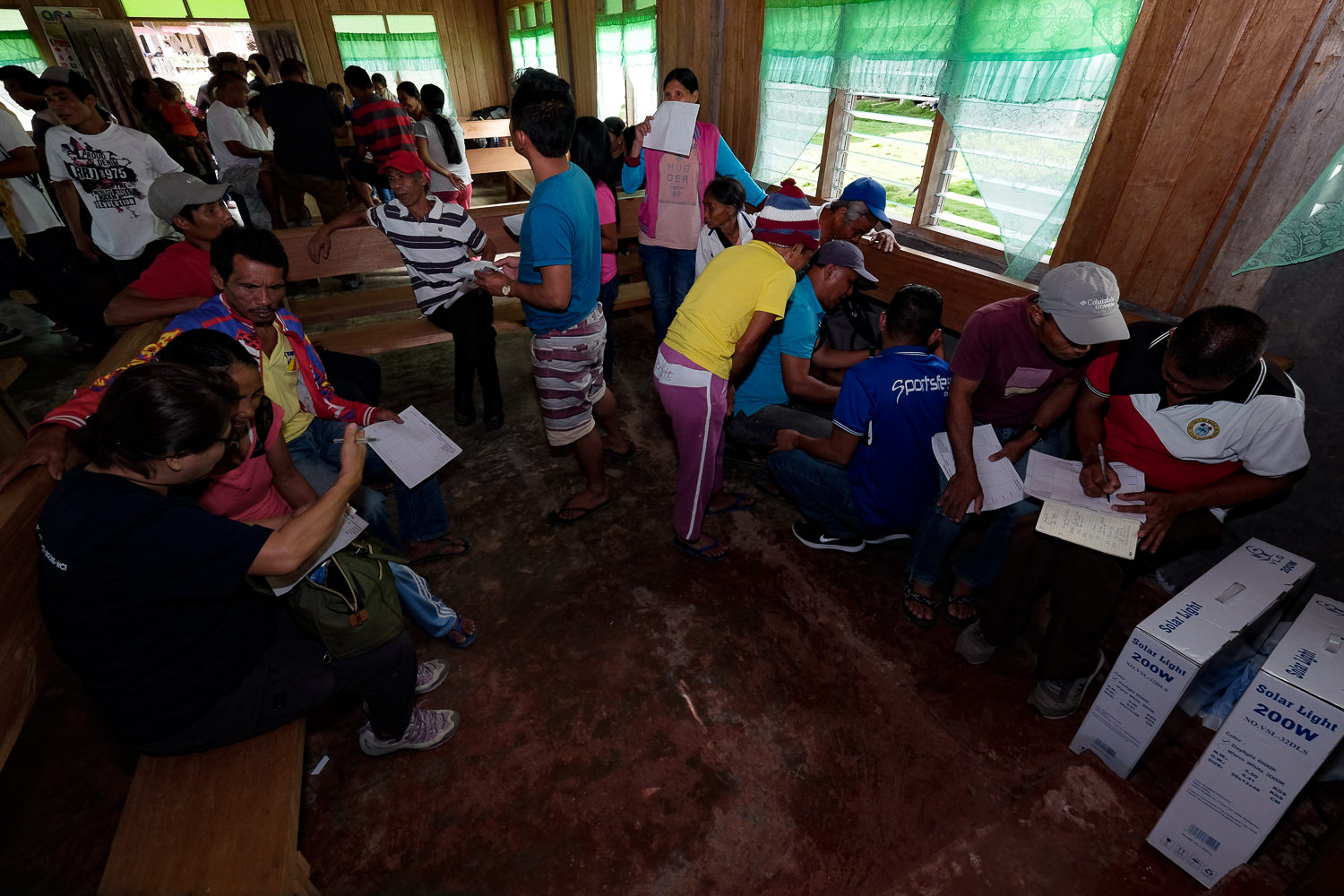
Apparently, the major concern that the residents have listed down was the lack of accessibility. A hinterland village perched on a mountain surrounded by forests and mountain ranges and without access to a decent road, Sitio Calinawan is virtually cut-off from the rest of the nearby communities.
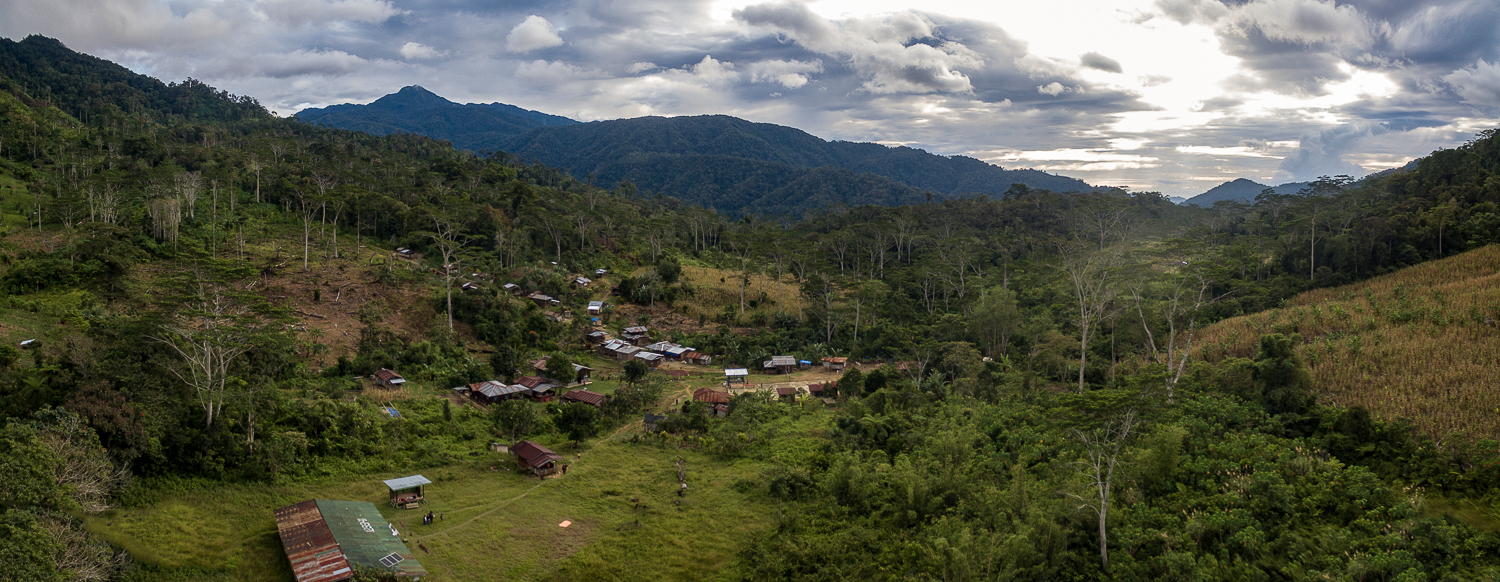
In order for residents to get to the capital City of Mati, they need to traverse Sitio Bislong in Lupon town and pay P1,500 motorcycle fare – a hefty sum for farmers who only earn meager income out of their farm produce. On the other hand, traversing the alternative route via Barangay Taocanga in Manay would take a day-long hike for the villagers just to get to the village proper.
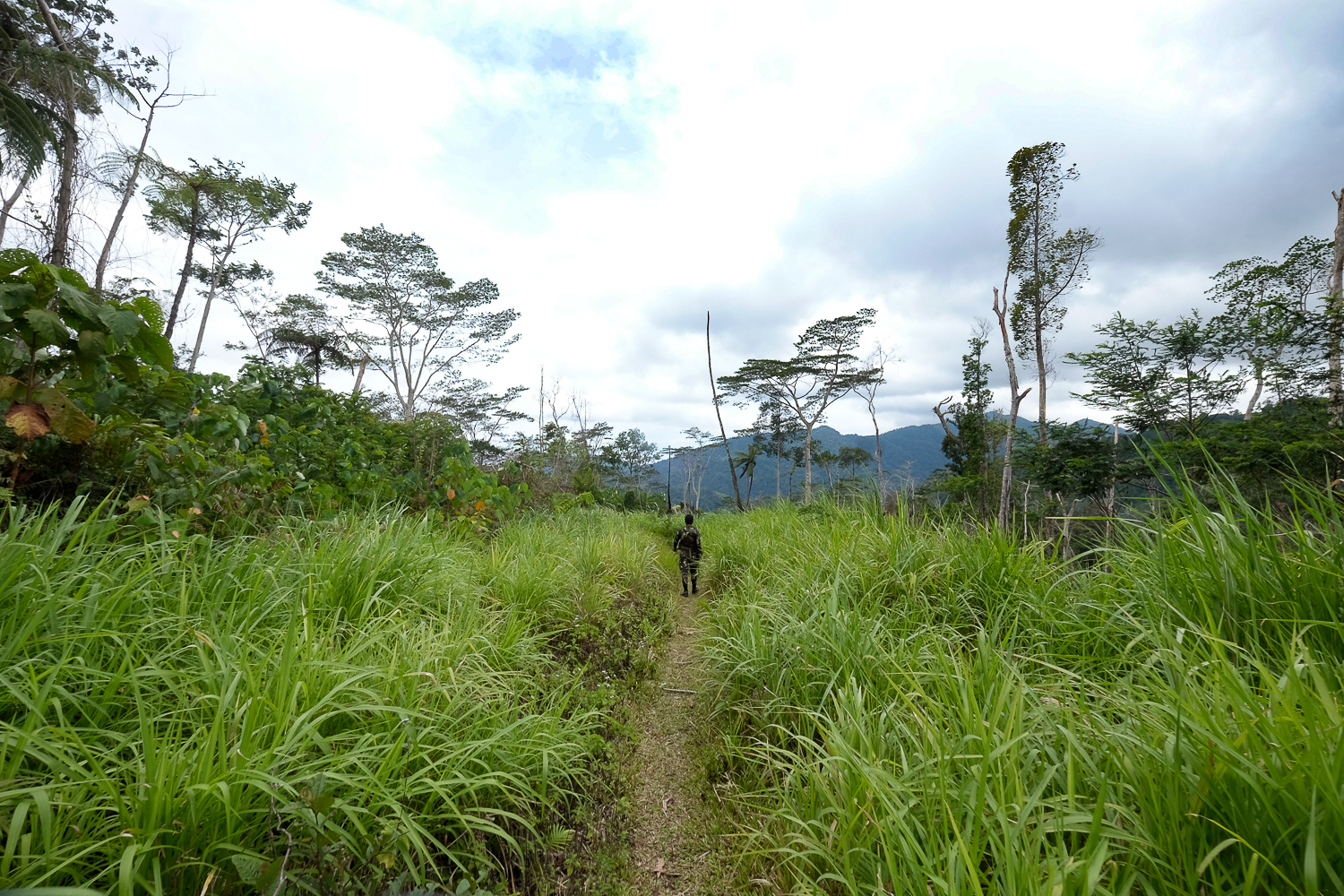
“It’s really hard for us. The amount of money and labor we spent in growing our crops do not suffice what we earn from our produce since traders often buy our produce at a very cheap price,” said one resident, adding that most farmers here are heavily indebted to traders since they are left with no choice but to borrow money from them in order to sustain their family before the harvest season.
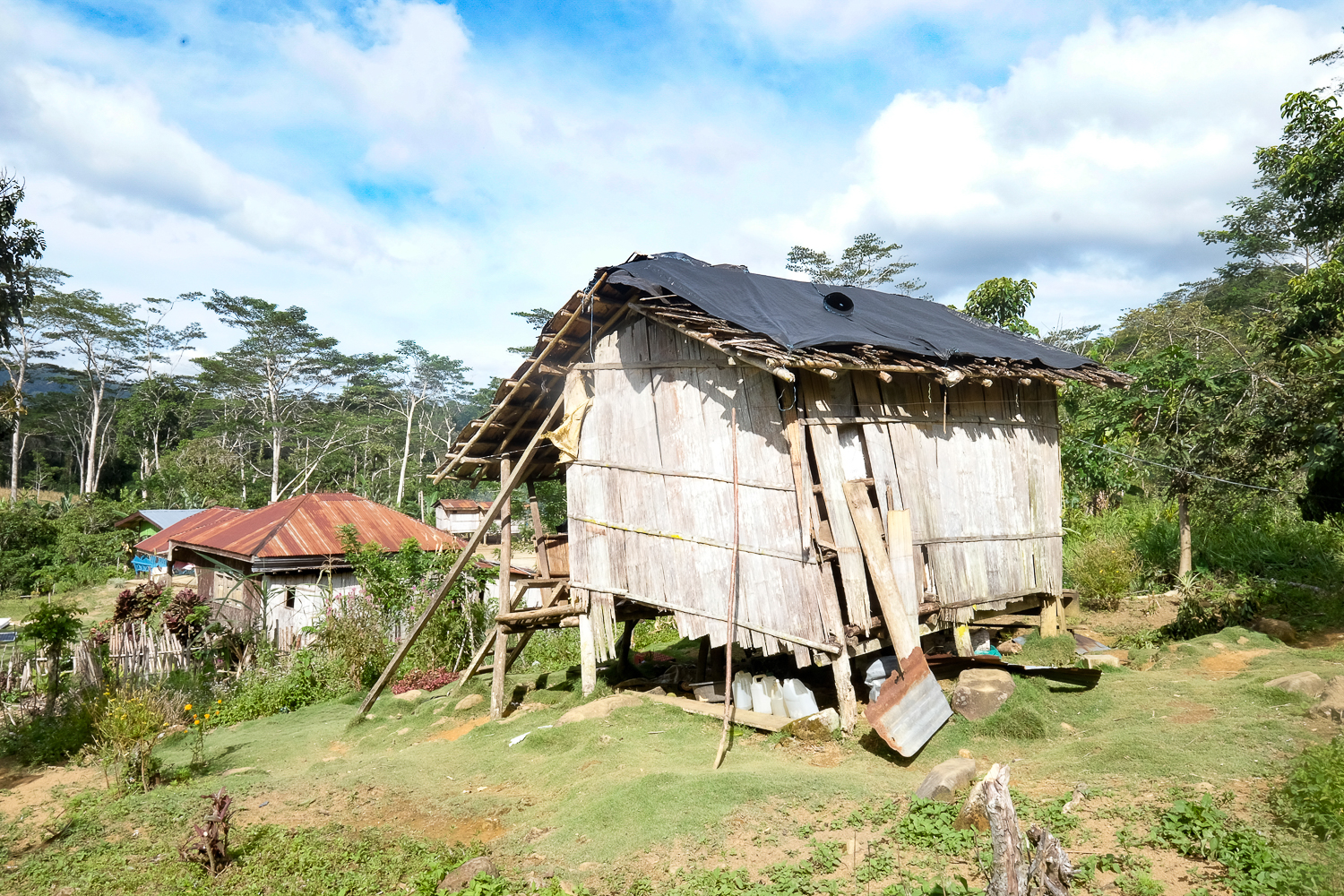
Apart from the road access, other concerns that emerged were the absence of health services, lack of teachers and classrooms, residents’ non-inclusion to the government’s social welfare program for the poor or 4 Ps, lack of livelihood opportunities, lack of organized associations, absence of farm machineries such as corn sheller and abaca shredder, and farm inputs, among many others.
Bridging the Gap
In the effort to win over the people in favor of the government, the members of the PTF-ELCAC started to lay the groundwork ranging from immediate to long-term interventions to address their myriad of concerns.
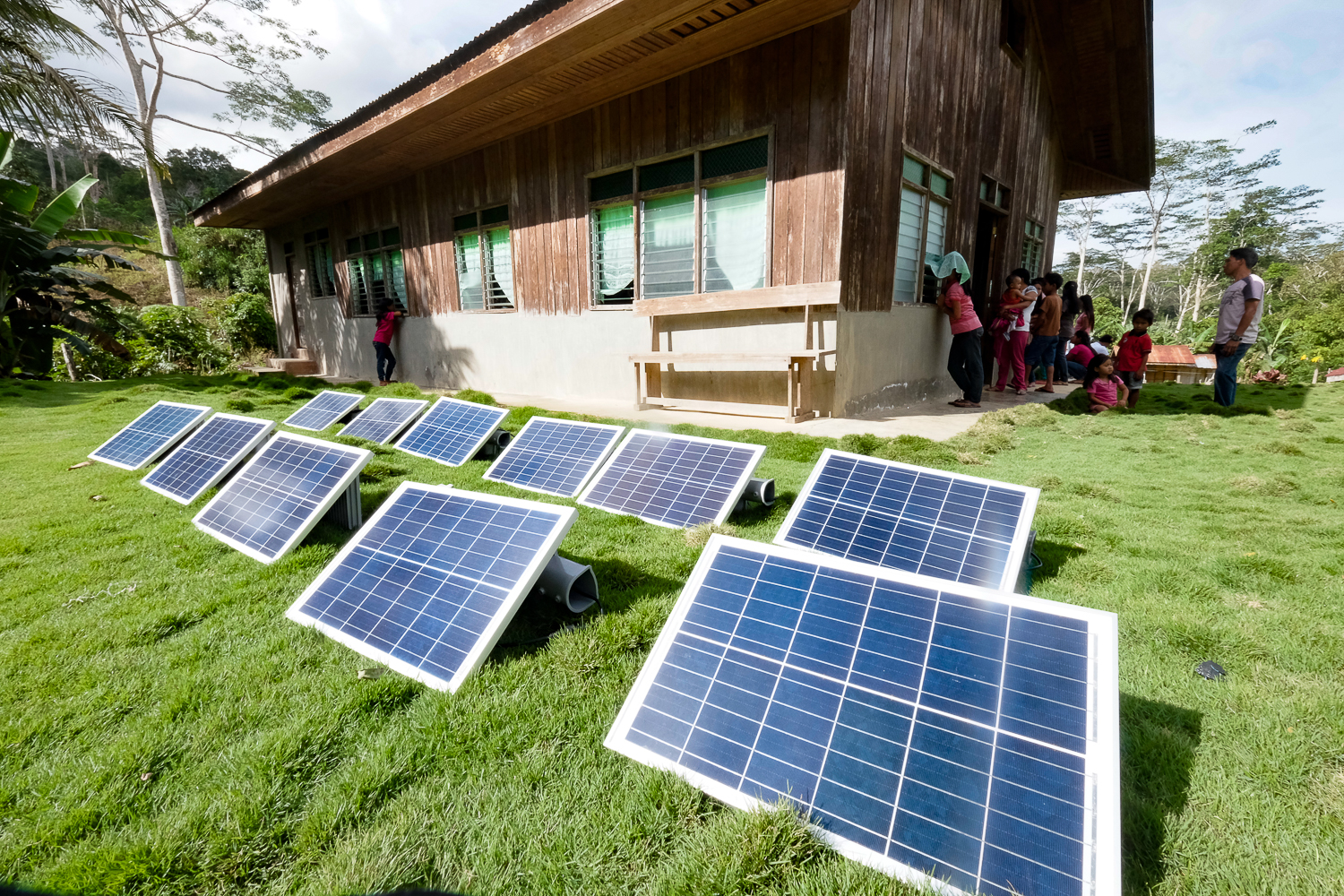
For the road, the Department of Public Works and Highways and the Provincial Engineer’s Office are set to deploy heavy equipment to pave the 4-kilometer road from Sitio Bislong to Sitio Calinawan, thus, providing a temporary respite to residents while waiting for bigger and long-term projects.
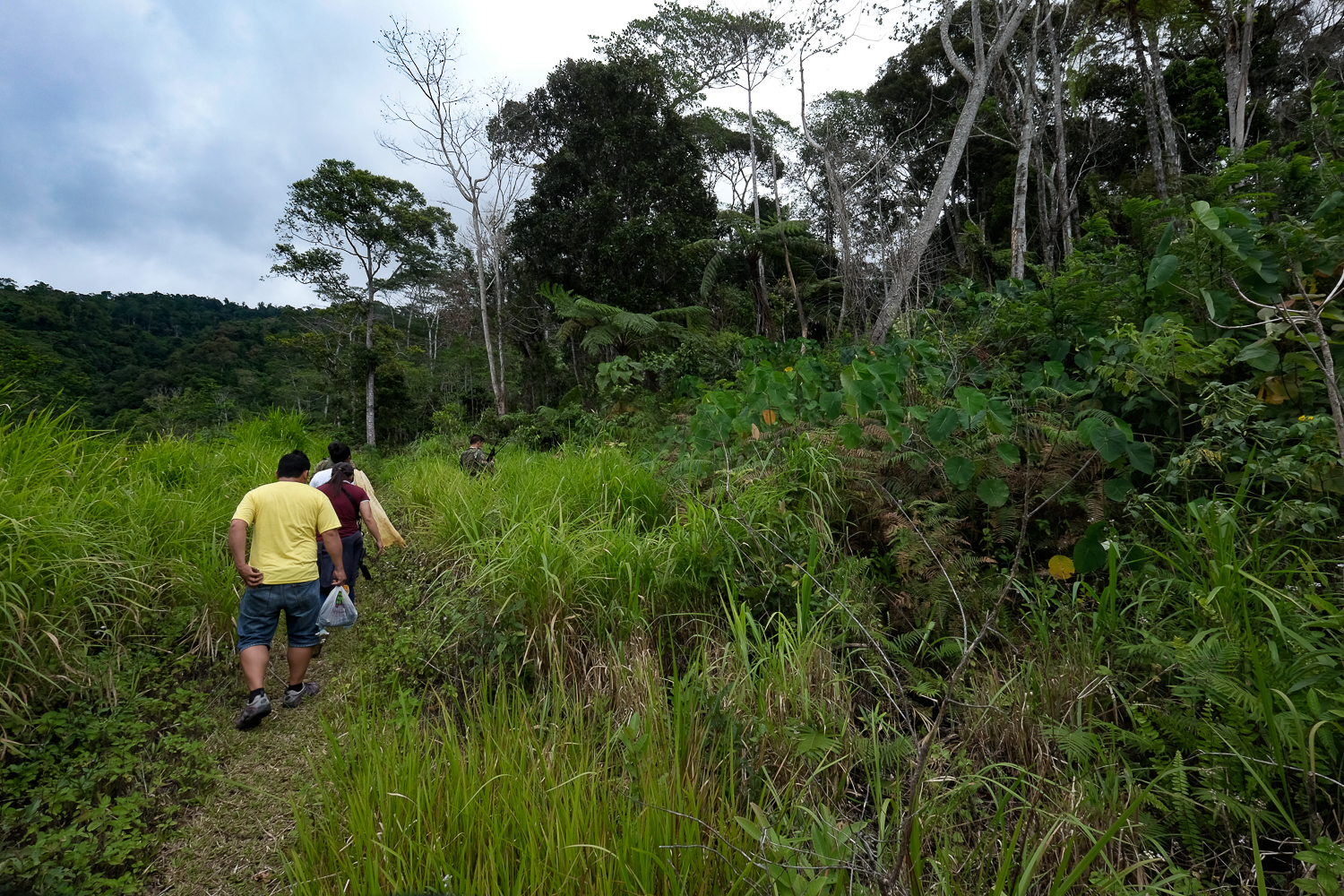
Other interventions that the Task Force promised to deliver are trainings for abaca propagation, disease-control and nursery, livestock and fishery interventions, housing, skills training, high-value crop production, deployment of a Barangay Health Worker, organizing of barangay association, and many more.
On the other hand, the idea for exploring small-scale mining through application of Minahan ng Bayan (People’s Mines) has been taken into account considering that Sitio Calinawan has enormous reserves of precious metals such as gold. Residents say that they are open to the idea wherein the community can benefit and not the illegal mining operators.
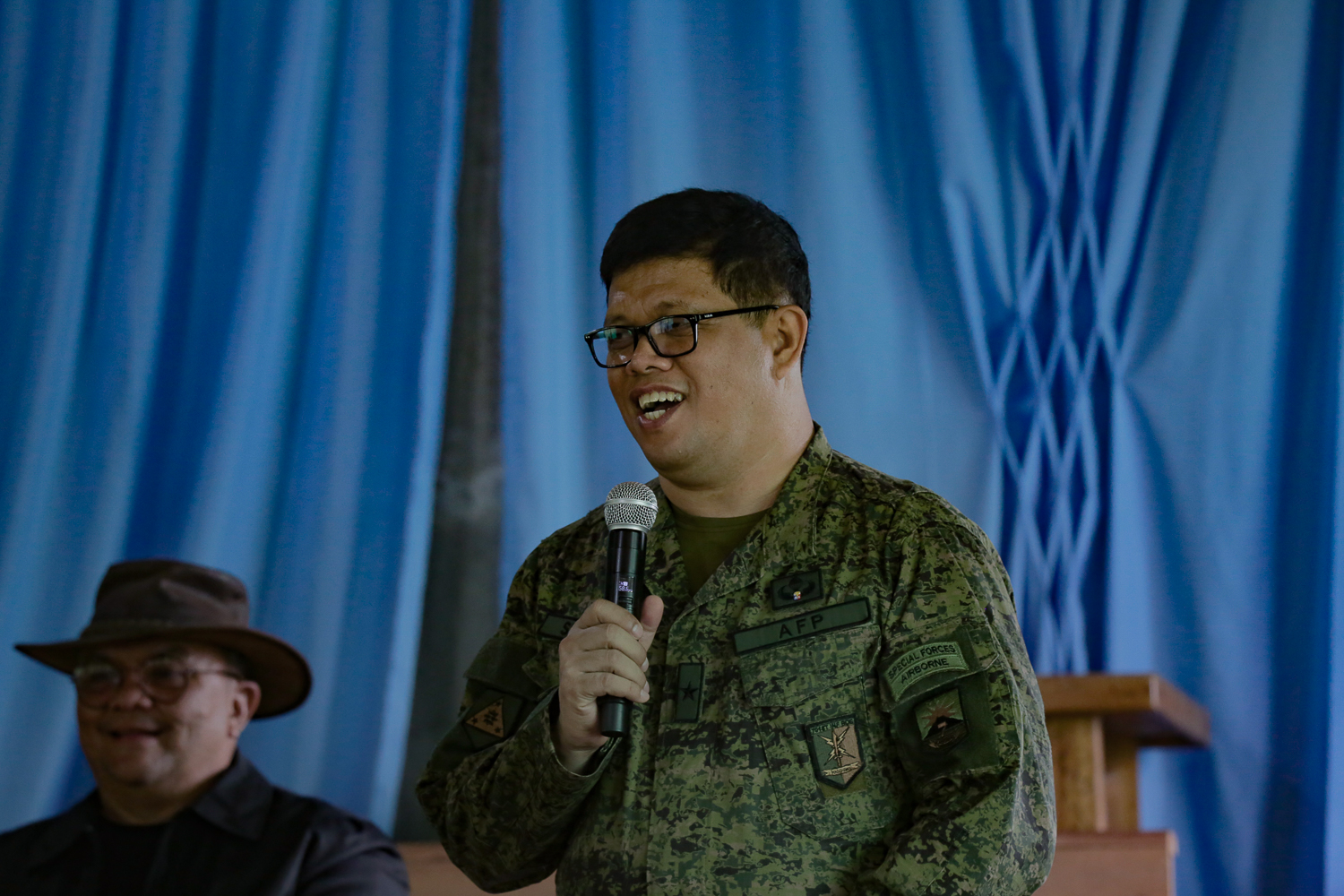
Moreover, as the community has also appealed for the retention of the military presence in the area, 701st Brigade Commander Brigadier General Manuel Sequtin vowed that the government forces will continue to secure the area. “We will not leave until it is cleared. We will continue sending services at the same time government forces to secure the people and for the government to smoothly implement their interventions in the area,” he said.
However, more than addressing the people’s plight on poverty, the race for peace does not end with the mere provision of services. “This is not just giving of services. Talking to the people and them talking to us reestablishes that relationship. Poverty is not the only enemy. Insurgency is also the enemy which roots upon trust,” said PTF-ELCAC Vice Chairman Ednar Dayanghirang, who underscored the importance of eliminating the breeding ground of the NPA insurgents and promoting the resilience of the community against Communist ideologies.
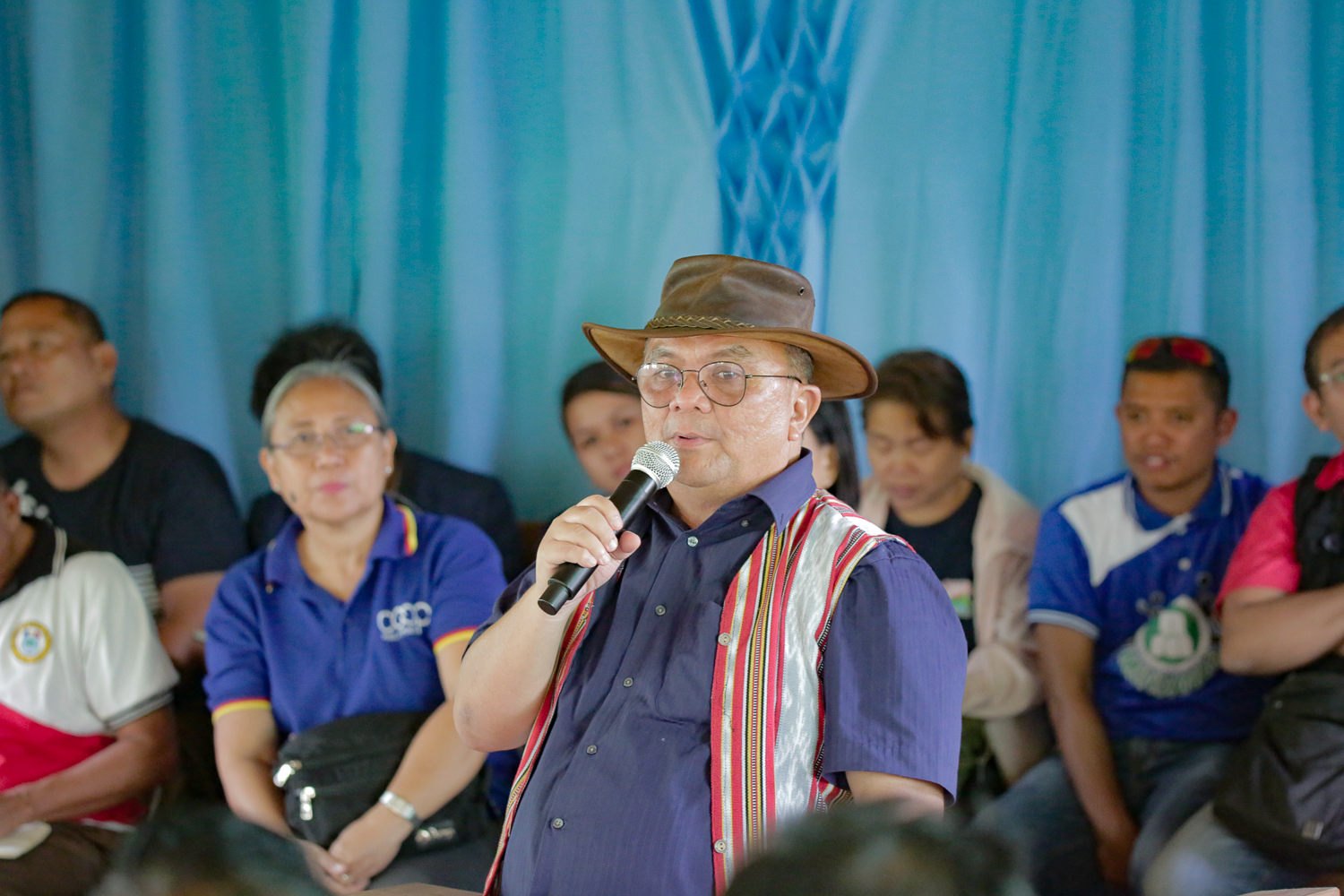
For his part, Governor Dayanghirang stressed the Provincial Government’s commitment to fast-track the implementation of all interventions. Though funding for projects can be a constraint for the province, he assures that “with the national government backing up the programs, the community’s needs will be addressed the soonest time possible”.
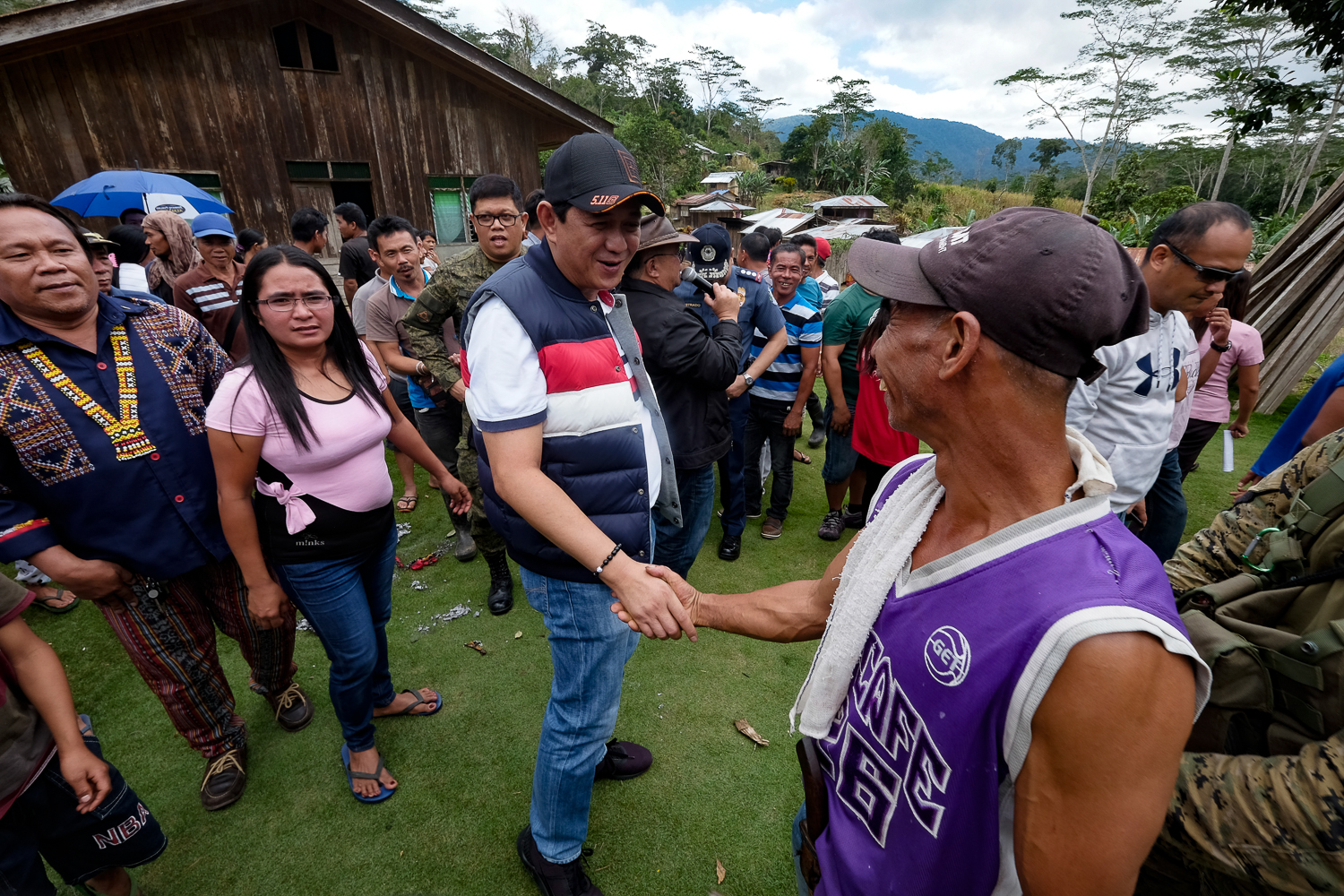
In turn, he urged the residents to help the government foster peace. “The government is always ready to serve the people no matter how far they are. I only ask that you support our government because we have only one government in our country—the Government of the Philippines,” Governor Dayanghirang said. By Karen Lou Deloso/Photo by Eden Jhan Licayan

